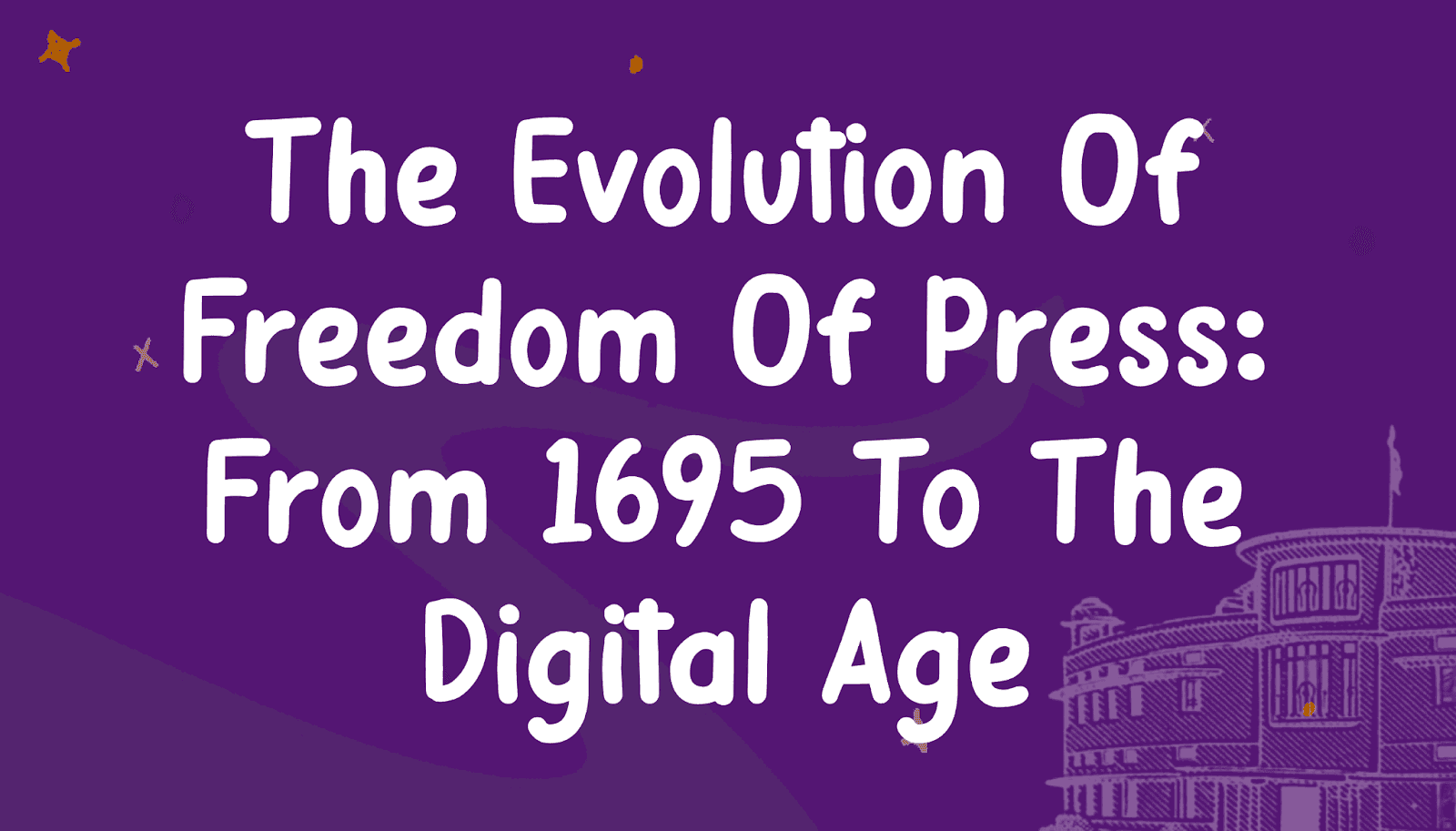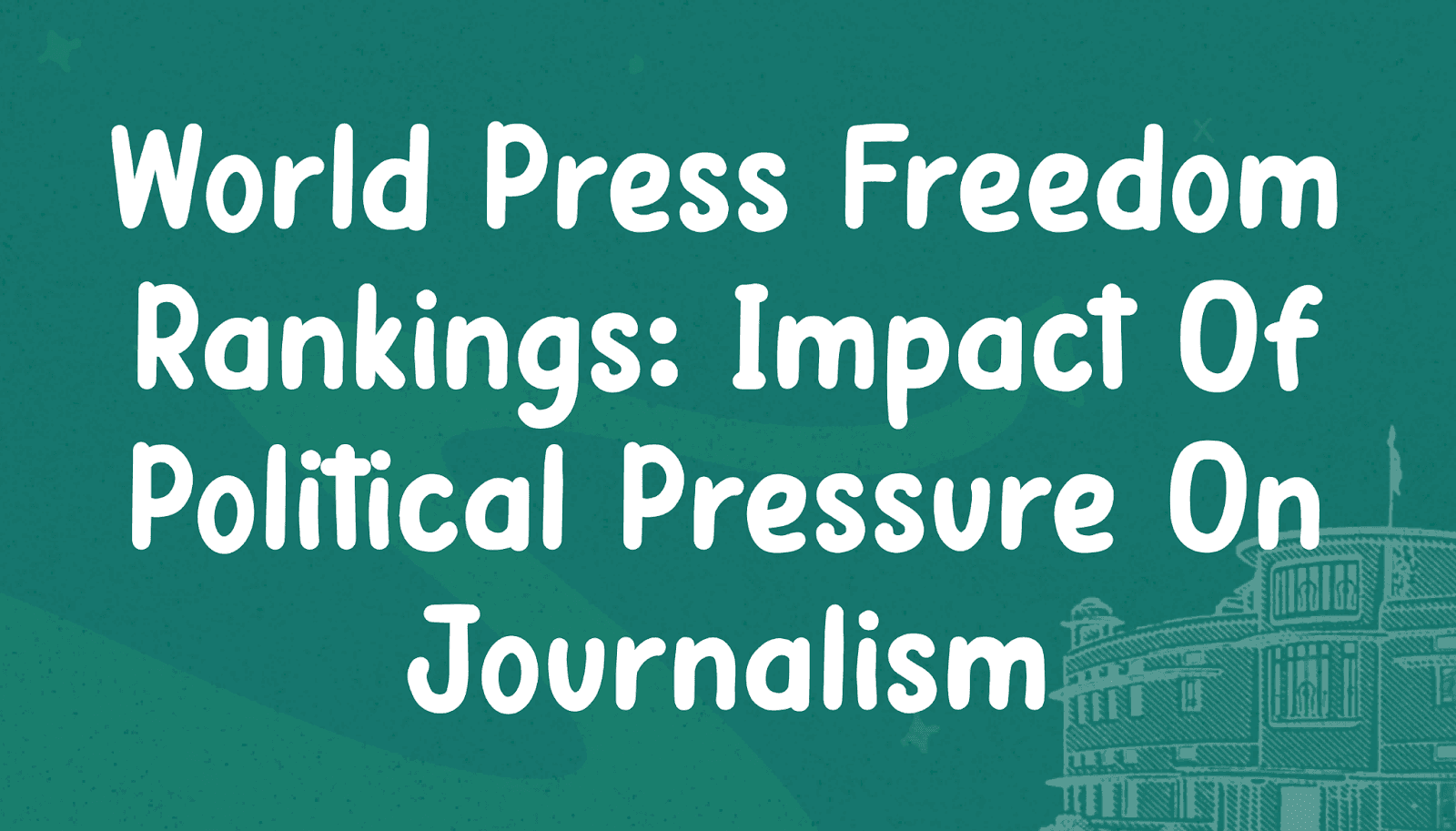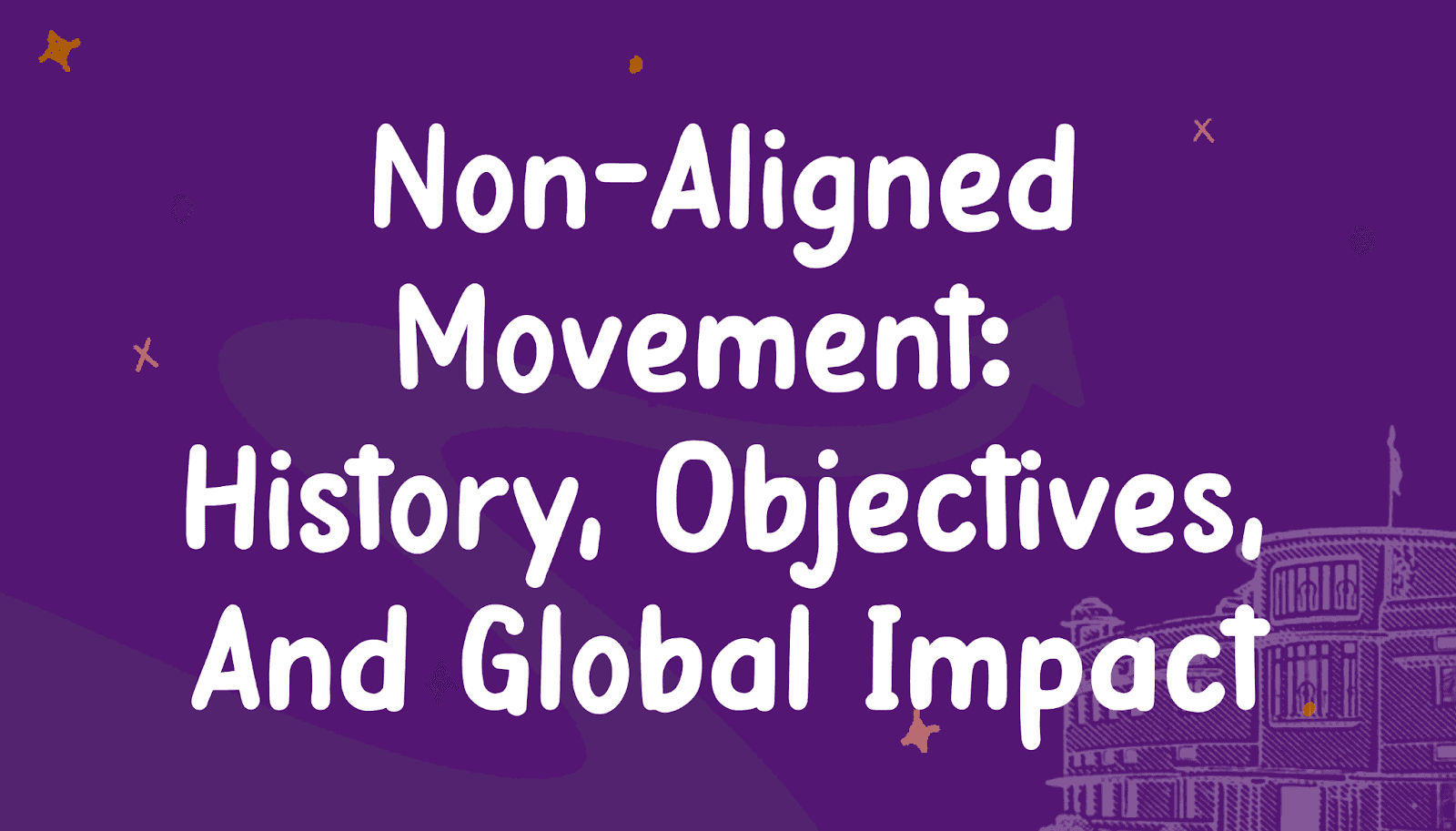UPSC Mains 2024-25: Effective Ethics Strategy Preparation Plan
Feb, 2025
•6 min read
Dear UPSC Aspirant,
As someone who has cleared UPSC Civil Services Examination, I can assure you it's more than just about learning facts and figures. This exam is a test of your values, ethics, and integrity – the very qualities that define a true public servant. General Studies Paper 4 covers Ethics, Integrity, and Aptitude. I have written ‘each and every step’ to make you understand how to cover GS IV Paper comprehensively.
Understanding the Syllabus: The Foundation of GS IV - Ethics Preparation
The syllabus of GS Paper IV is not just a list of topics; it's the backbone of your ethics preparation for UPSC. It is important to read and re-read the syllabus, until you remember all the keywords with their meanings and examples. I will tell you how in the next set of sections.
Let me break down some key terms from the syllabus for you:

1. Ethics and Human Interface: This involves understanding how ethics play a role in our interactions with others. Here, you'll delve into concepts like empathy and emotional intelligence, crucial for decision-making in governance.
2. Attitude: It's imperative to understand the role of attitude in governance. How does it affect performance? How significant is emotional intelligence in shaping a civil servant's attitude? These are vital aspects to ponder.
3. Aptitude and Foundational Values for Civil Service: This is about the core values that form the bedrock of civil services. Understanding these values is essential for their practical application in governance and administration.
Approach the rest of the syllabus with the same depth of understanding and curiosity.
The Building Blocks: From Key Terms to Real-life Examples
To construct a sturdy knowledge base, go beyond rote memorization. You need to engage with key terms mentioned in the syllabus on multiple levels:
1. Understand the Meaning and Definitions: You need to get clarity on the meaning of terms like integrity, probity, empathy, and impartiality. Relate these to real-world scenarios to cement their significance.
2. Views of Thinkers and Philosophers: The thoughts of moral philosophers such as Aristotle, Kant, Bentham, etc. are very useful in quoting in various answers. Link their ideologies to contemporary issues in the Indian context for a holistic understanding. Quote Indian thinkers such as Gandhiji, Ambedkar, etc.
See this PYQ from 2018:

3. Examples from History and Current Affairs: History and current events should be referred to get examples of ethical dilemmas. You should analyse instances where ethical conduct made a difference or the absence of it led to repercussions in society or governance.
4. Case Studies and Practical Application: Case studies are your testing ground where you will actually learn about the depth of your preparation. Practice identifying ethical issues around you, dissecting them, and proposing moral and legal solutions. Draw from recent events, laws, and committees to add valuable content that fetches you that extra 1 or 2 marks for that answer.
The Freedom from Set Books: Embrace Curiosity and the Internet
Ethics for UPSC Mains isn't tied to just one book, unlike some subjects. Instead, you need to keep an open mind and explore the vast internet for resources.
Ethics isn’t a subject that can be confined to the pages of a single book. It involves multiple dimensions —philosophy, real-life scenarios, legal frameworks, and societal dynamics.
Cultivate curiosity as your guiding light. You can make good use of scholarly articles and philosophical discussions to recent case studies and governmental reports. Use governmental websites, academic journals, and official government sources (PIB) to enrich your understanding.
Newspaper: A Goldmine of Ethical Scenarios
As you got through the daily newspaper - be it The Hindu or Indian Express, don't merely skim headlines—hunt for ethical dilemmas. From corruption scandals to bureaucratic reforms, ethical facets hide within headlines. Incorporate these instances into your notes, dissecting them for ethical dimensions. Real-life examples are the best in understanding the practical application of ethical principles.
Integrating Knowledge and Connecting Dots
I can assure you that ethics isn't a bunch of separate ideas—it's all connected. Think of terms like empathy, compassion, and sympathy as part of the same web. When you see how empathy leads to compassion, and how both help in making good ethical choices in public service, it shows you really get how they work together.

Mastering Legal Frameworks and Ethical Guidelines
Knowing the laws, rules, acts, and committees related to ethics is a must. Whether it's the Citizen Charter or Corporate Governance principles, these rules often involve ethics. Get to know them well and connect them to ethical problems and solutions.
Case Studies: A Crucible for Ethical Analysis and Solutions
Master the art of breaking-down case studies. Train yourself to spot ethical issues within them. Summarise the cases crisply and propose moral and legal solutions. Boost your responses with diagrams, current affairs, examples, and laws. This method will amp up your ability to present all-rounded solutions to tricky ethical problems.
How will you break down this very interesting case study? Isn’t it interesting!

Practising Past Year Questions and Mock Tests: Refining Your Skills
Finally, keep practising. Solve questions from the past 10 years’ papers and do it regularly. Also, try 5-10 mock tests to mimic the exam conditions. This helps you get used to the pattern and improves how you express ethical ideas when time's tight.
The Power of Discussions
Get talking with fellow aspirants! Share ideas, question each other’s perspectives, and explore different ethical angles together. Talking it out with others can help you grasp tricky ethical situations better.
The Ultimate Goal: Embodying Ethical Governance
The UPSC isn’t just testing what you’ve memorised; it’s digging into how well you grasp ethical governance in action, especially in public service.
In simpler terms, they’re looking for aspirants who really get what it means to do the right thing when you’re working for the greater good. Understanding the nitty-gritty of ethical conduct is key here.
Approach the Ethics paper with curiosity and a thirst for understanding. Embrace the complexities and intricacies of ethical governance.
Each term, each case study, and each discussion is a stepping stone toward not just clearing an exam but embodying the ethical ethos vital for a future civil servant.
The road to mastering Ethics for UPSC Mains 2024-25 might be challenging, but it's a journey that shapes not just your career but your character.
Stay curious, stay ethical, and best of luck on your journey to serving the nation with integrity and honour!
FAQs - Ethics Preparation for UPSC Mains 2024-25
Q: How do I remember all the terms from the Ethics syllabus?
A: Think of the syllabus as your favourite song lyrics. Play it on repeat! Jokes aside, read it regularly, jot down notes, and relate terms to real-life scenarios. Soon, you’ll notice these terms coming into your everyday thoughts.
Q: Can I just mug up examples from history and current affairs?
A: It is not the right strategy because but it's like trying to cook without understanding the recipe. Digest the examples by understanding their ethical implications. It's not about the quantity but the depth of your understanding.
Q: How do I stay updated with ethical aspects in the newspaper?
A: Look beyond headlines for stories involving ethical dilemmas—corruption cases, governance issues, public service initiatives, etc. Train yourself to spot the ethical angle in every story you read.
Q: Are laws and committees really that important for the Ethics paper?
A: Absolutely! They're the backbone of ethical governance. Laws and committees provide the framework within which ethical decisions are made. So, yes, they’re pretty crucial.
Q: Is it enough to just memorise definitions of terms like empathy and sympathy?
A: Nope! Understanding their subtle differences and how they relate is key. Imagine characters in a story—know their personalities, quirks, and how they interact. That's understanding!
Q: How do I approach case studies effectively?
A: Think of them as puzzles. Identify the ethical dilemma, propose solutions based on moral and legal grounds, and back them up with examples, laws, and current affairs. It’s not about the answer but the journey to it.
Q: Can mock tests really help in Ethics preparation?
A: Mock tests are like rehearsals for the exam hall. They help refine your approach, manage time, and identify areas that need polishing.
Q: Is discussing Ethics with fellow aspirants beneficial?
A: Absolutely! Different perspectives broaden your horizon of understanding. You bring your ideas, they bring theirs, and together you can create a repository of insights.
Q: How do I show that I understand ethical governance in my answers?
A: Don’t just re-use definitions; showcase your understanding by applying ethical principles to real-life scenarios. Your answers should breathe life into ethical concepts, demonstrating their relevance in governance.
Q: What if I find Ethics a bit daunting?
A: Rome wasn’t built in a day! Take it one term, one case study, one discussion at a time. Keep the curiosity alive, and soon, you’ll see the pieces falling into place. Ethics preparation is a marathon, not a sprint.


